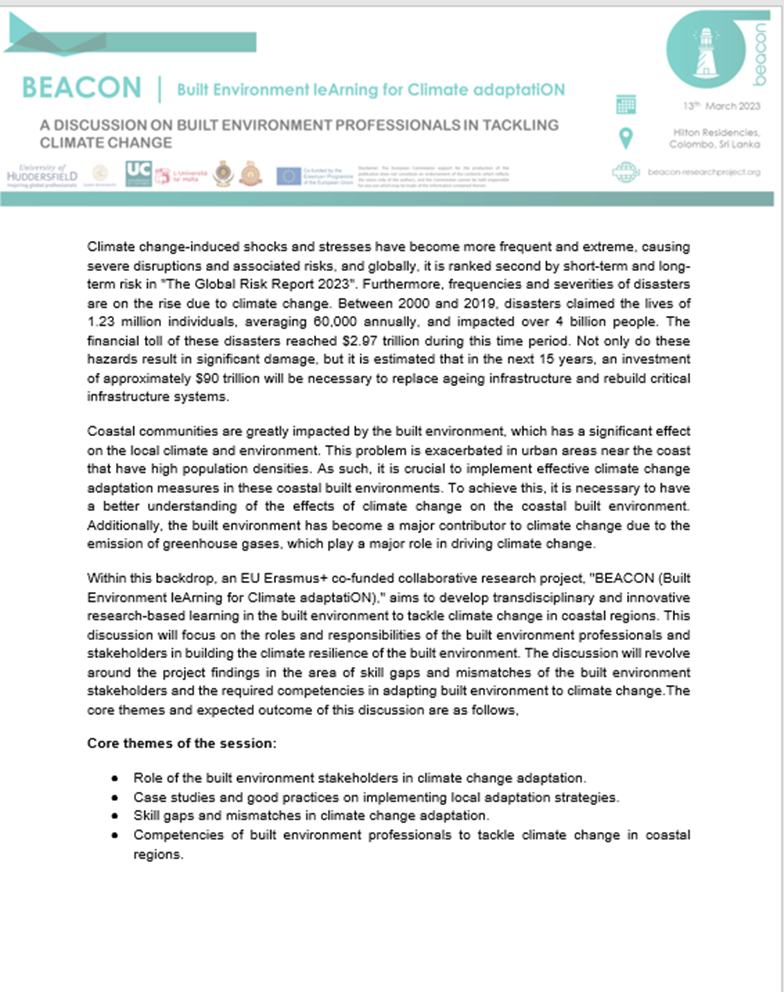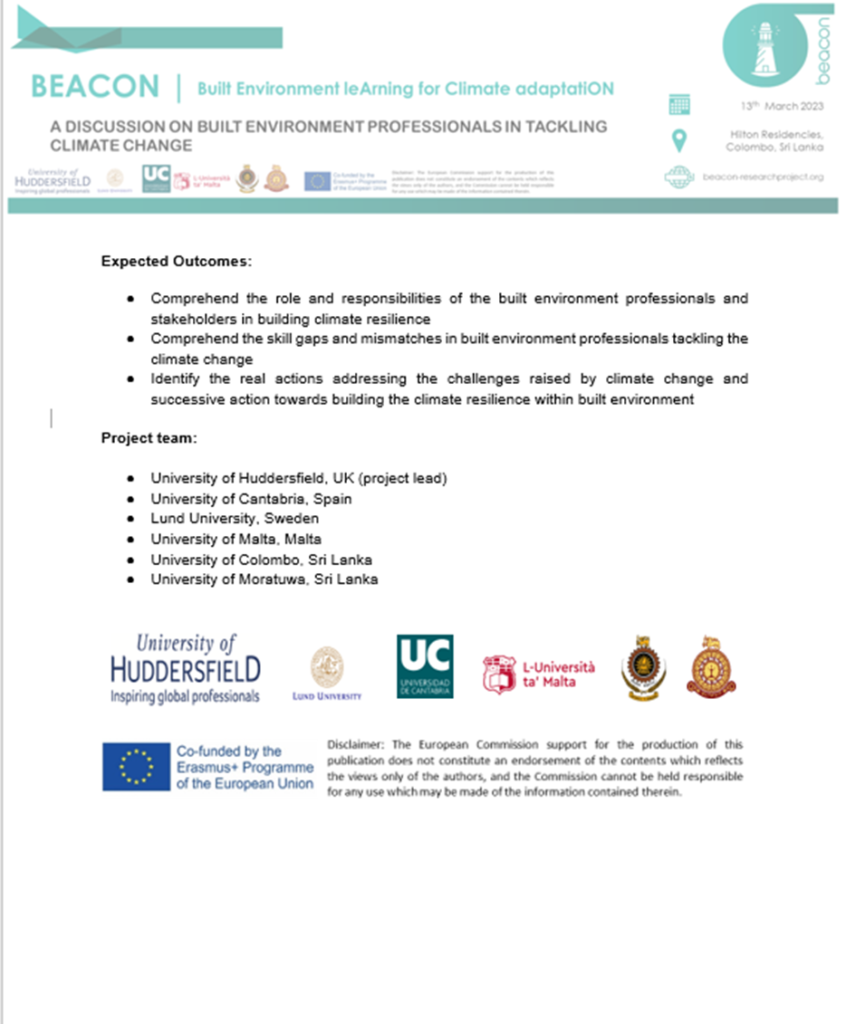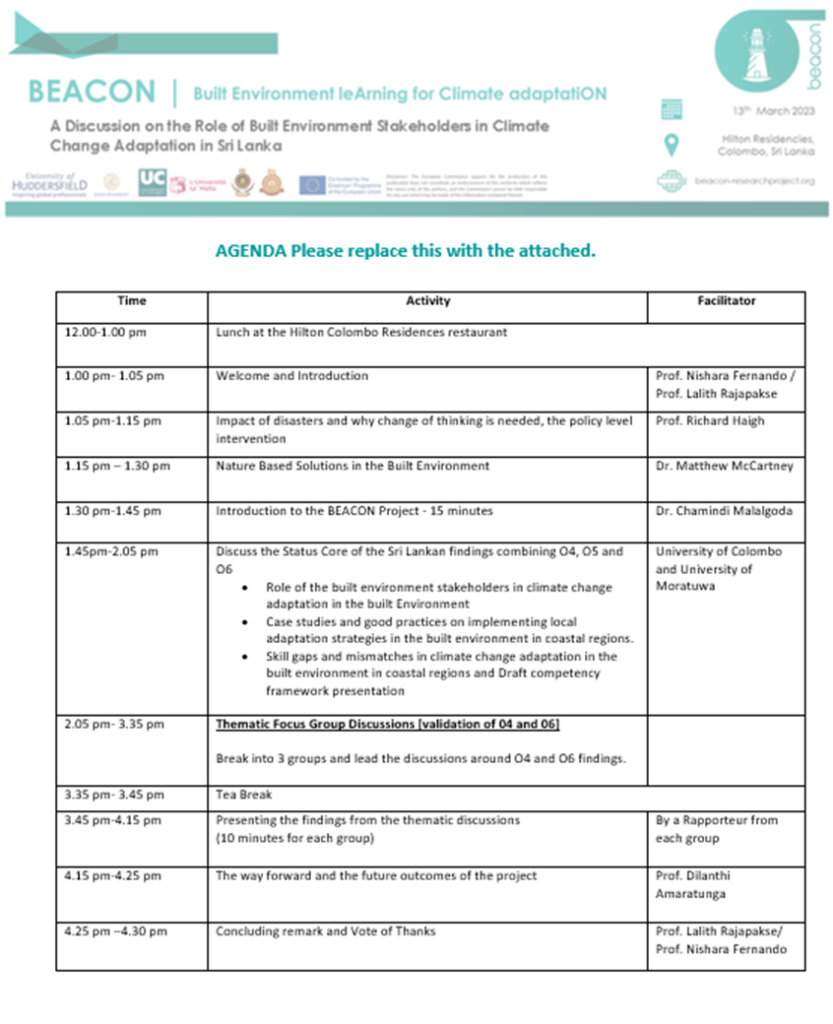Multiplier Events
Multiplier Event 01
Stakeholder Seminar 01:
Climate Change and the 2030 Agenda for Sustainable Development; The Case for Policy Coherence
- A brief introduction to the BEACON project
- Sustainable Development Goals and climate change adaptation – an overview
- The Paris Agreement and 2030 Agenda – need for coherent implementation, with reference to the discourse on coastal built environments
- Discussion
Multiplier Event 02
Stakeholder Seminar 02:
Nexus Between Climate Change and Coastal Built Environment
This event was planned as the physical Multiplier event / stakeholder seminar according to the original proposal of the BEACON project. As the COVID travel restrictions have been easing in many countries the project consortium decided it would be the best time to have the first physical event of the BEACON project. This has been planned as a with the first face to face meeting that is to take place for the project in March 2022 in Colombo Sri Lanka. The event was held on 23rd March 2022 and the session Objective was to “Investigate the impacts of climate change on the built environment in coastal regions”. The target audience consisted of climate change and disaster management practitioners, academics, policymakers, built environment professionals in Sri Lanka. There were 55 participants in total.
The agenda covered the following items.
- A brief introduction to the BEACON project
- Climate change impact in coastal regions
- Nexus between climate change and built environment in coastal regions.
- Discussion
Multiplier Event 03
Panel Discussion:
How Can We Adapt the Built Environment to Mitigate the Effects of Climate Change During Design, Construction, and Retrofitting?”
This was the third multiplier event (second physical event) of the project, and this was planned with the aim to disseminate the findings of output 3 mainly together with key highlights from previous outputs. The event was held in Kandy on 17th December 2022 with the participation of 33 key stakeholders.
Agenda:
- The need for climate change adaptation in coastal regions.
- Climate change adaptation strategies for the coastal built environment during design, construction and retrofitting stages.
- Opportunities and constraints associated with pursuing the three global agendas collaboratively within the context of built environment in coastal regions: the Paris Agreement on Climate Change; the Sustainable Development Goals (SDGs); and the Sendai Framework for Disaster Risk Reduction 2015–2030
The session objective was to understand how we can adapt the built environment to mitigate the effects of climate change during design, construction, and retrofitting stages. Target Audience included 33 participants representing, Built Environment Professionals; Representatives of Built Environment Professional Bodies; Key Stakeholders of Climate Change Adaptation Covering Policy Makers; Climate Change and Disaster Management Practitioners; and Academics.
Expected Outcomes
- Understand the need for climate change adaptation in coastal regions.
- Understand how to address the climate change effects during design, construction and retrofitting stages of the built environment.
- Understand how to further integrate climate change, sustainable development, and disaster risk reduction in the context of coastal built environment.
Multiplier Event 04
Stakeholder seminar 4:
Local Climate Change Adaptation Strategies in the Built Environment
Stakeholder seminar 4 was be organised by the MU. Based on the stakeholder database prepared during the preparation stage, key stakeholders covering, built environment professionals, representatives of built environment professional bodies, climate change and disaster management practitioners, academics and policy makers were invited to take part in the seminar. The Seminar was held as an interactive session with a balance representation of the above target groups adding up to a total of 34 participants.
In terms of the agenda, the items covered were as follows.
- MU welcomed all the partners to Malta and explain the logistical arrangements.
- HUD then welcomed partners on behalf of the BEACON and provide an overview of the project, key outcomes, proposed change and benefits for the target groups.
- IHCantabria, being the leader of O5 led the first part of the day-long seminar and facilitated a discussion on local adaptation strategies in the built environment.
- HUD then summarised the key findings of the O4 and highlighted the critical role of the built environment stakeholders in climate change adaptation. It was expected that this seminar will provide an opportunity to validate the findings of O4 and O5 and the participants were allowed to comment on good practices that they have encountered.
- The second part of the seminar was led by MU. As the leader of O6, MU provided an overview of the report on skill gaps and mismatches in climate change adaptation in the built environment, its methodology and key findings.
- Participants were allowed to comment on skill gaps and mismatches that they have come across. Finally, MU summarised the recommendations for developing competencies in climate change adaptation in the built environment.
Accordingly, the proposed multiplier event disseminated the findings of the output, O4, O5 and O6 to the key target audience. All of the above identified stakeholders were directly be benefited from the seminar and were able to understand how built environment can plan, design, build and operate to enhance climate change adaptation in the built environment and associate gaps and challenges. Similar to other events, it is also expected that these participants will act as project advocates and transfer the lessons learned to their colleagues and respective organisations.
Multiplier Event 05
Stakeholder seminar 5:
A Discussion on Built Environment Professionals Tackling Climate Change
Stakeholder seminar 5 was be organised by the UOC . All partners participated and contributed to the stakeholder event. Based on the stakeholder database prepared during the preparation stage, key stakeholders covering, built environment professionals, representatives of built environment professional bodies, climate change and disaster management practitioners, academics and policymakers in Sri Lanka were invited to take part in the seminar. The Seminar was held as an interactive session with a balance representation of the above target groups adding up to a total of 30 participants.
In terms of the agenda, the items covered were as follows.
- UOC and HUD welcomed partners on behalf of the BEACON and provide an overview of the project, key outcomes, proposed change and benefits for the target groups.
- HUD then summarised the key findings of the O4 and highlighted the critical role of the built environment stakeholders in climate change adaptation. It was expected that this seminar will provide an opportunity to validate the findings of O4 and O5 and the participants were allowed to comment on good practices that they have encountered.
- The second part of the seminar was led by UOC and UOM. As the country leads in Sri Lanka, they provided an overview of the report on skill gaps and mismatches in climate change adaptation in the built environment, its methodology and key findings.
- Participants were allowed to comment on skill gaps and mismatches that they have come across. Finally, UOC summarised the recommendations for developing competencies in climate change adaptation in the built environment.
Accordingly, the proposed multiplier event disseminated the findings of the output, O4 and O6, to the key target audience. All of the above-identified stakeholders directly benefited from the seminar and understood how the built environment can plan, design, build and operate to enhance climate change adaptation in the built environment and associate gaps and challenges.
Multiplier Event 06
International Research Symposium
Climate Change Adaptation in the Coastal Built Environment, Santander - Spain
As the final event of the project the BEACON project International Research Symposium on “Climate Change Adaptation in the Coastal Built Environment” was held in Santander – Spain on the 19-20th June 2023. For more information, please visit the symposium web-page via http://beacon-researchproject.org/beacon-symposium/
Planned Multiplier Events
Stakeholder seminar 2
How can we adapt the built
environment to mitigate the effects of
climate change during design,
construction, and retrofitting?
Stakeholder seminar 3
Local climate change adaptation
strategies in the built environment
Research Symposium
on climate change adaptation in the
built environment (with specific
emphasis to coastal regions)
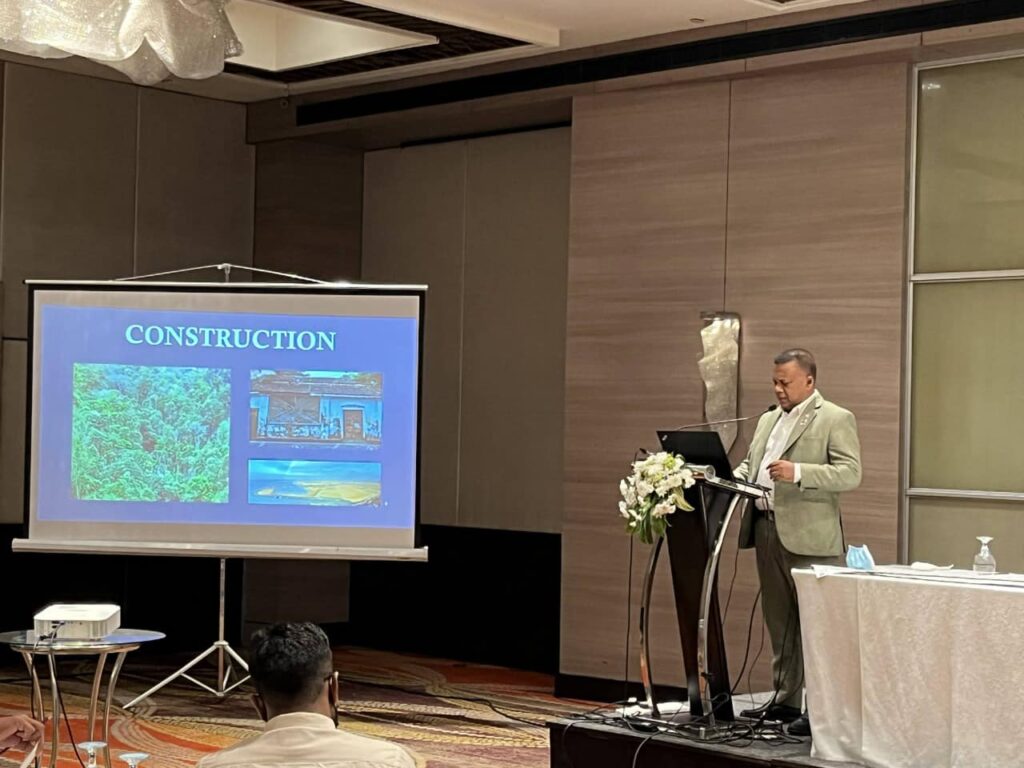
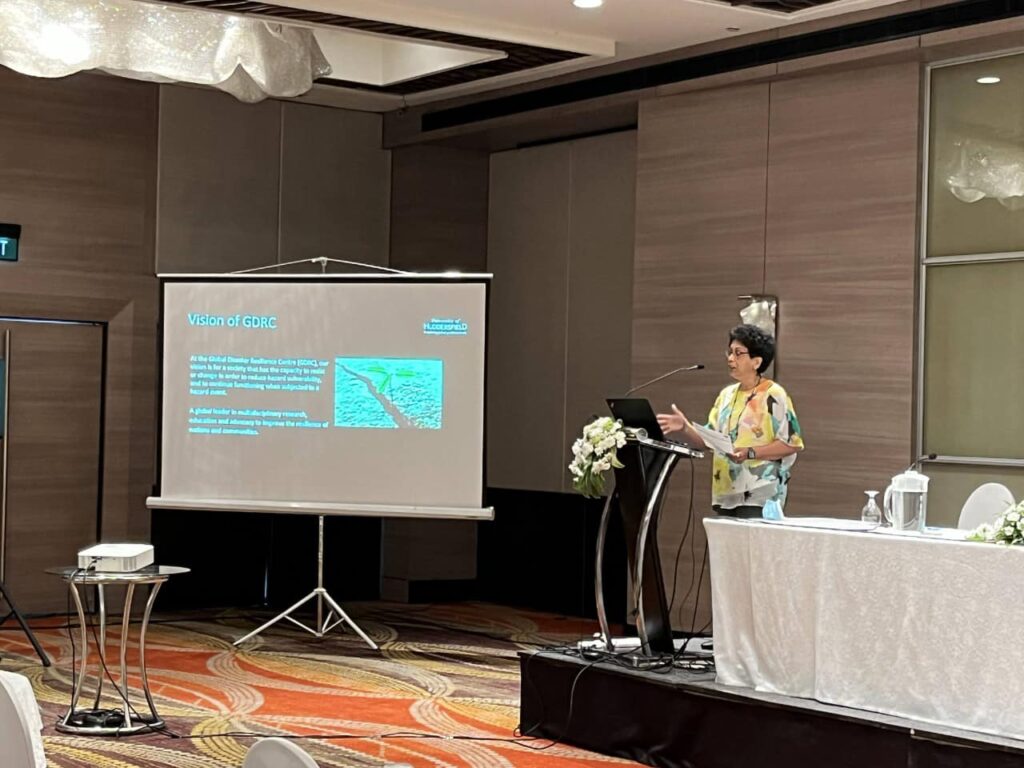
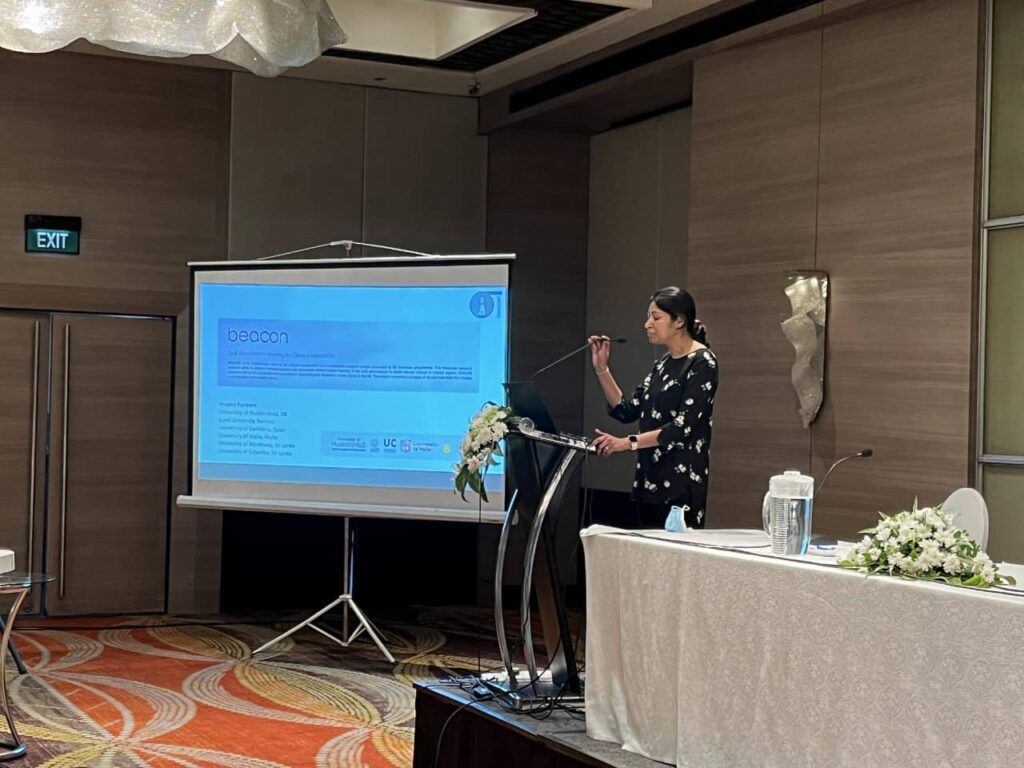
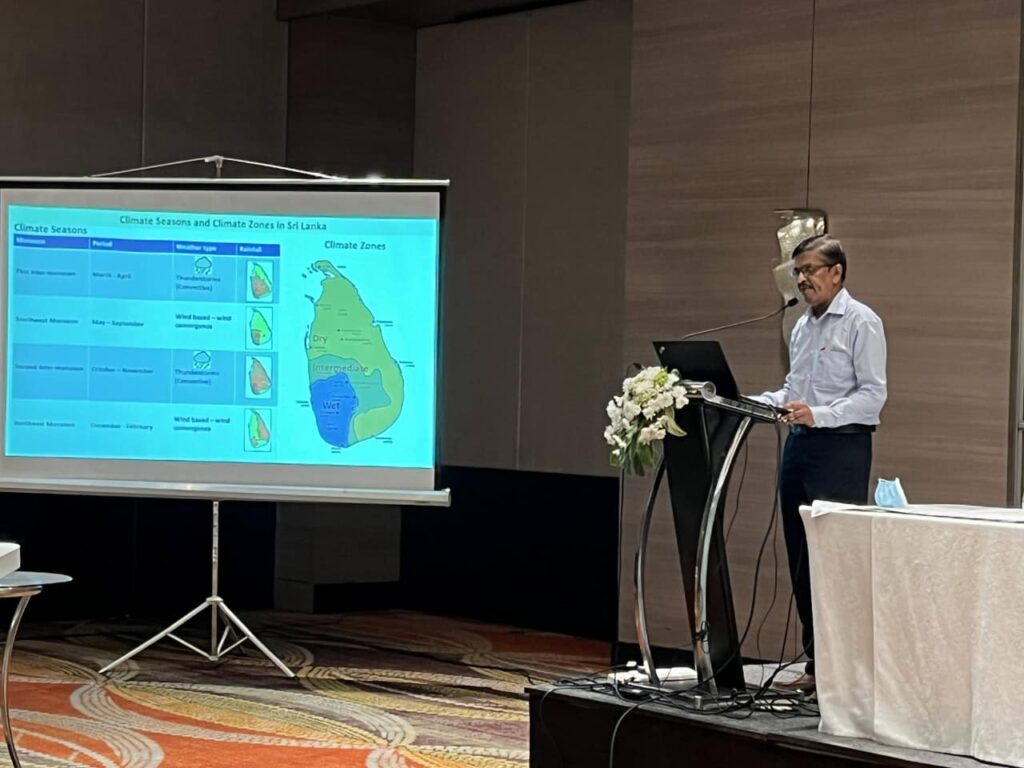
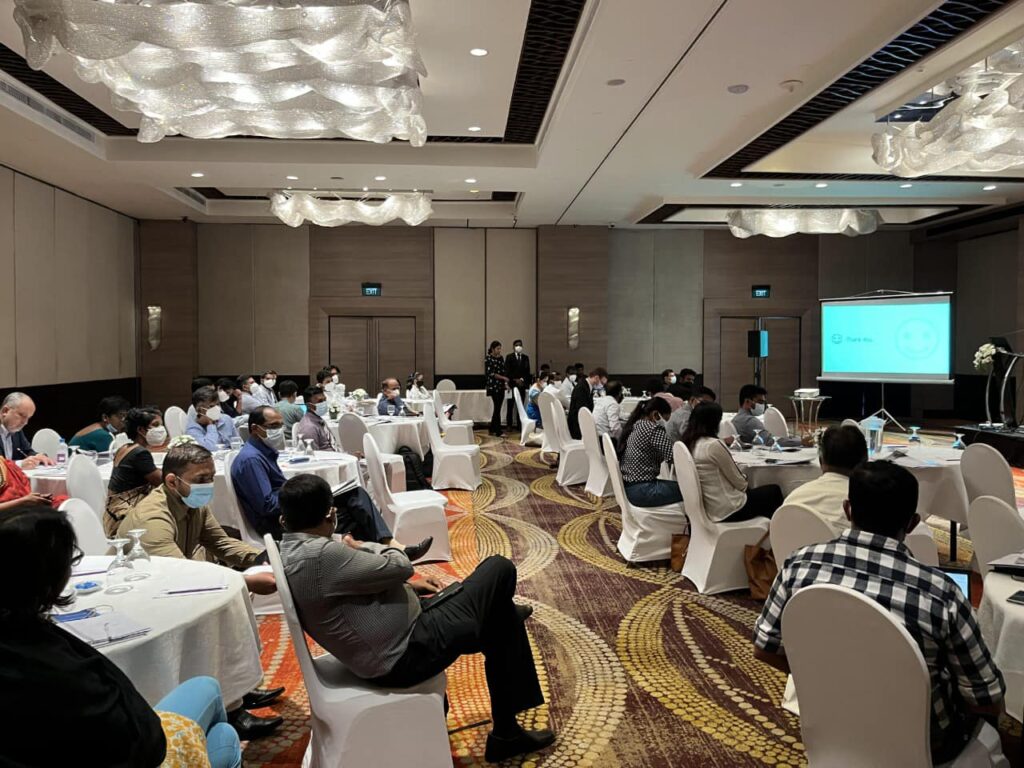
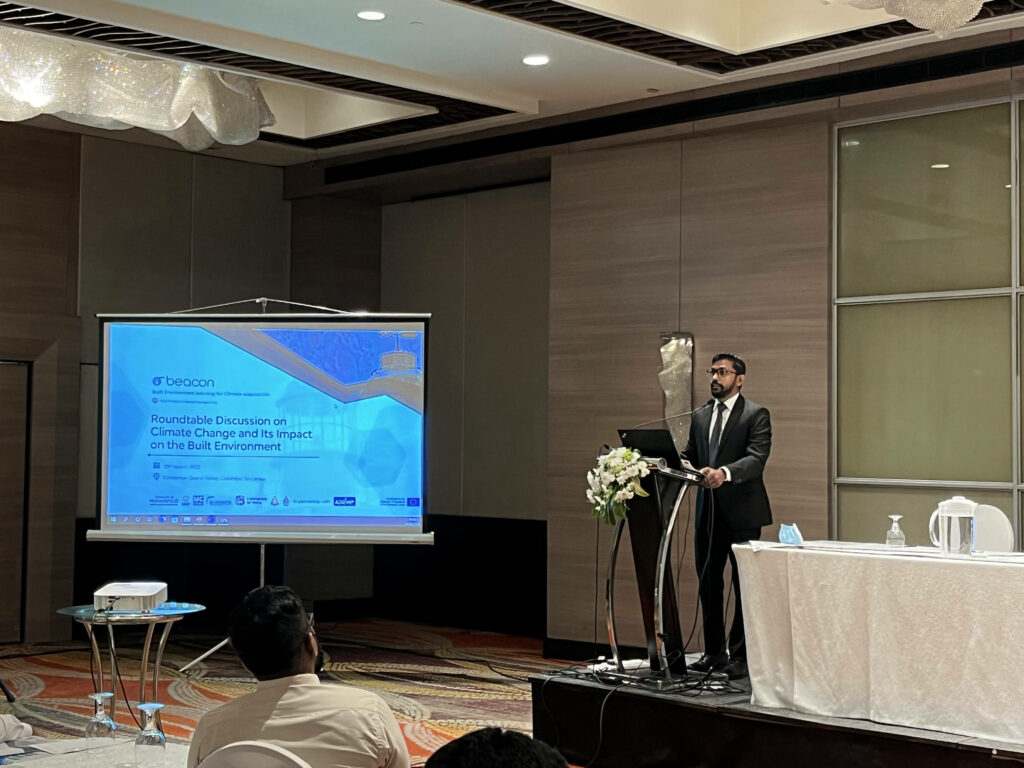
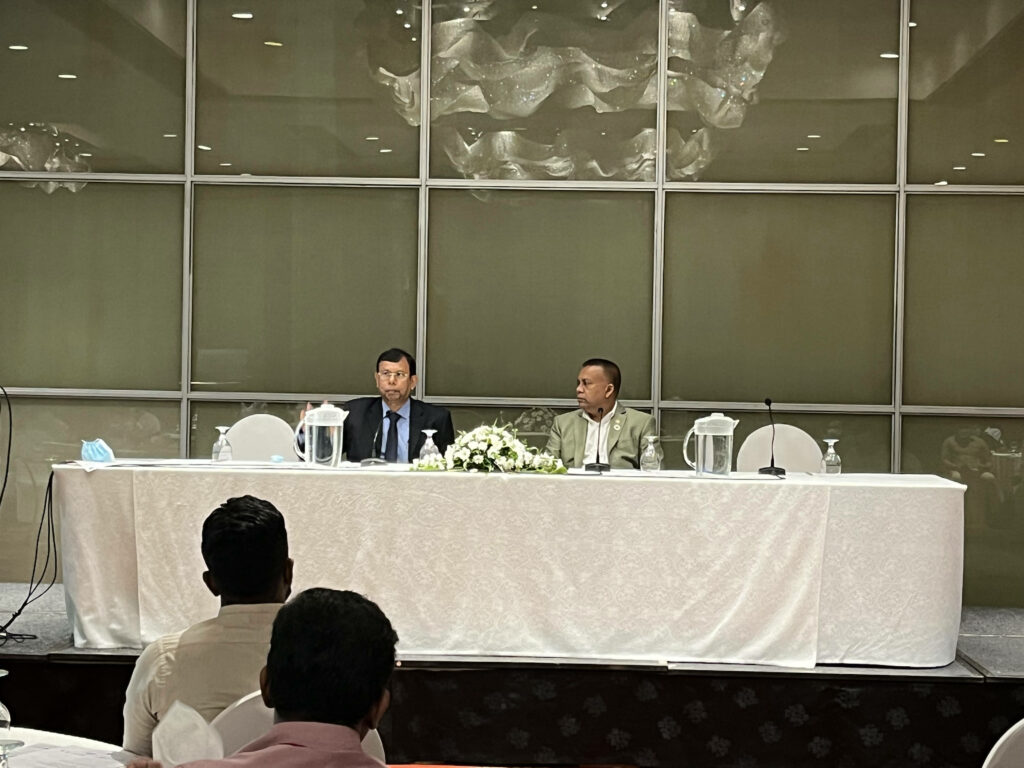
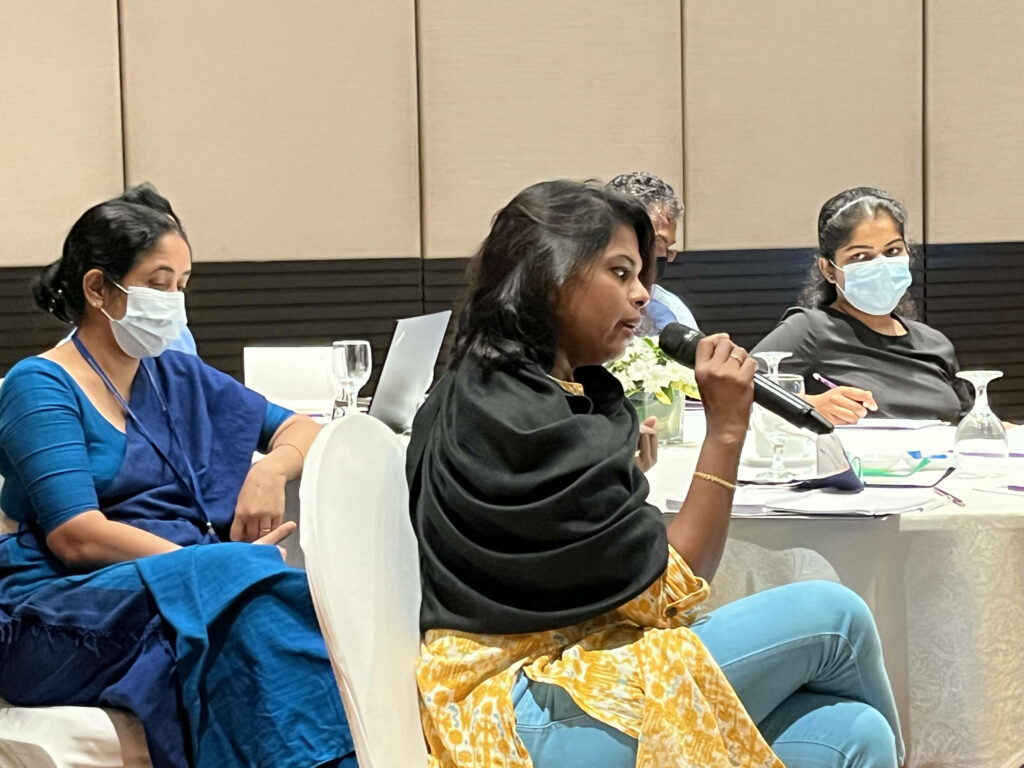
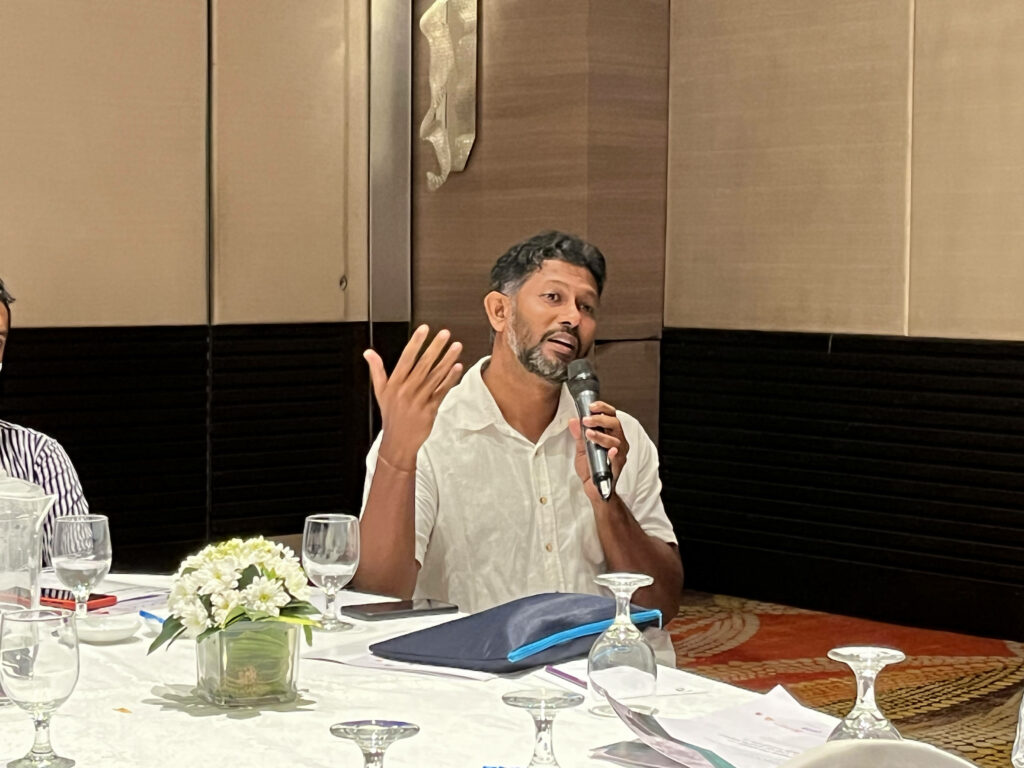
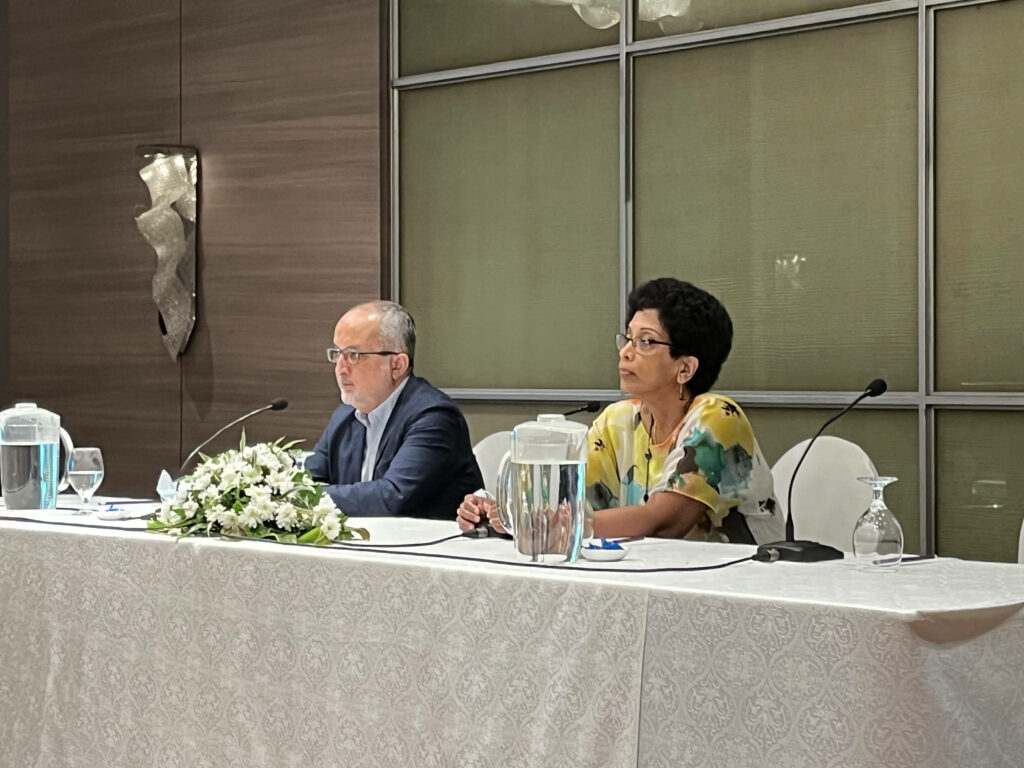
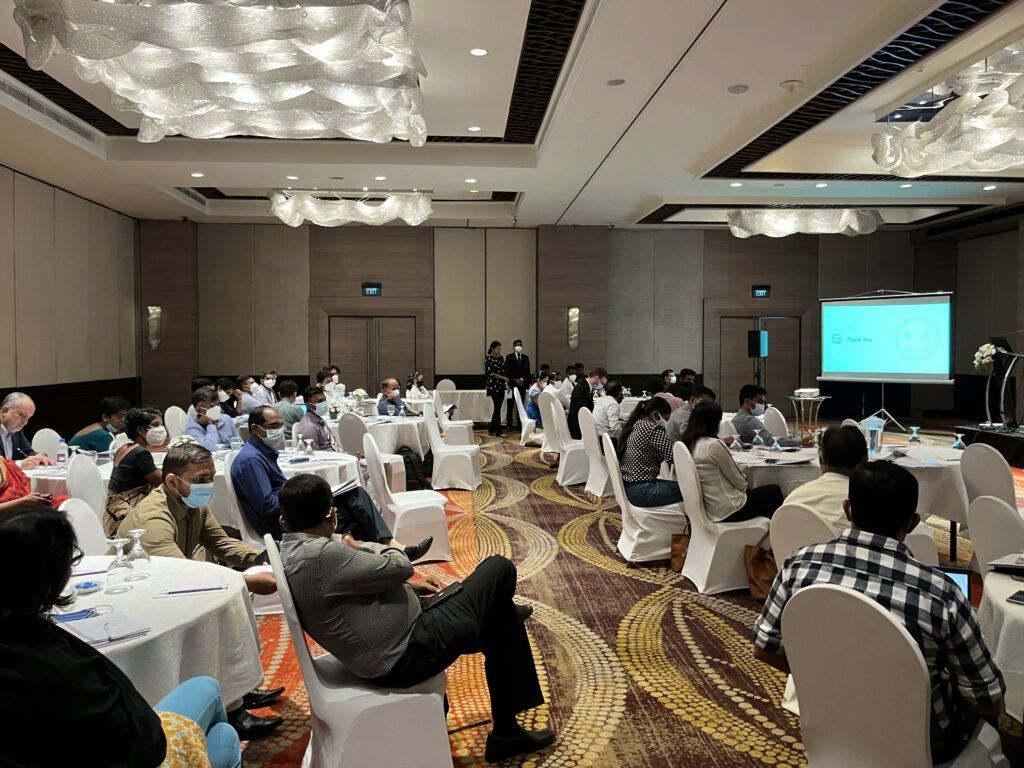
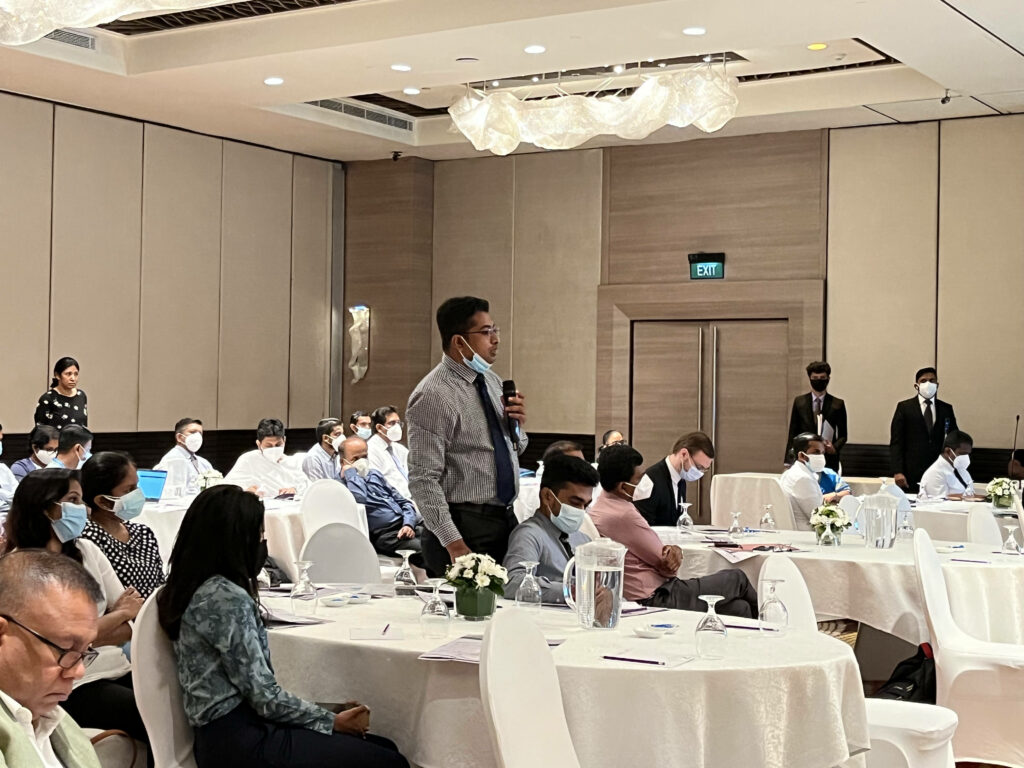
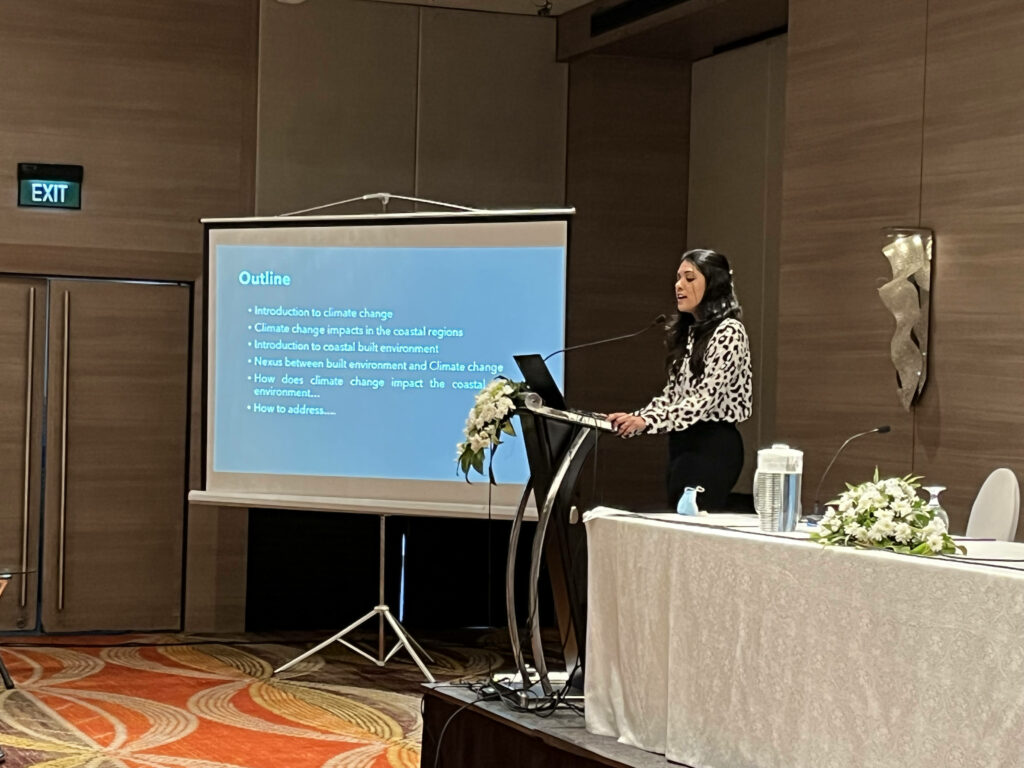
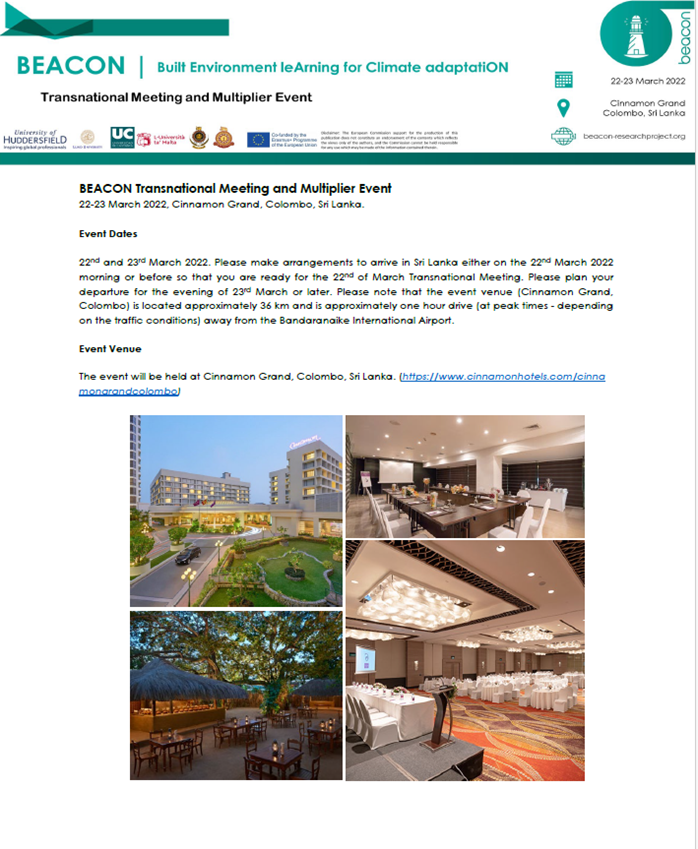
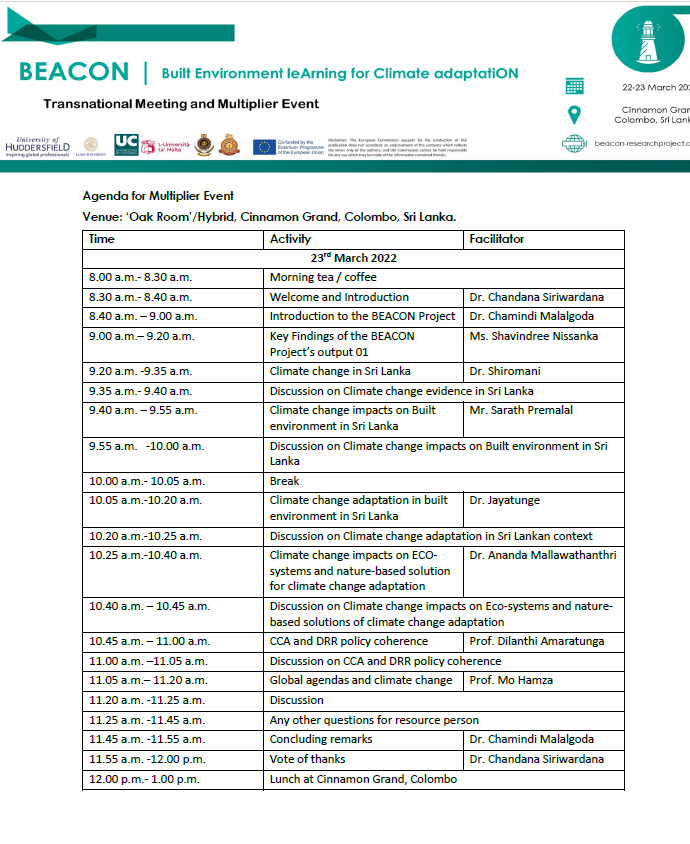
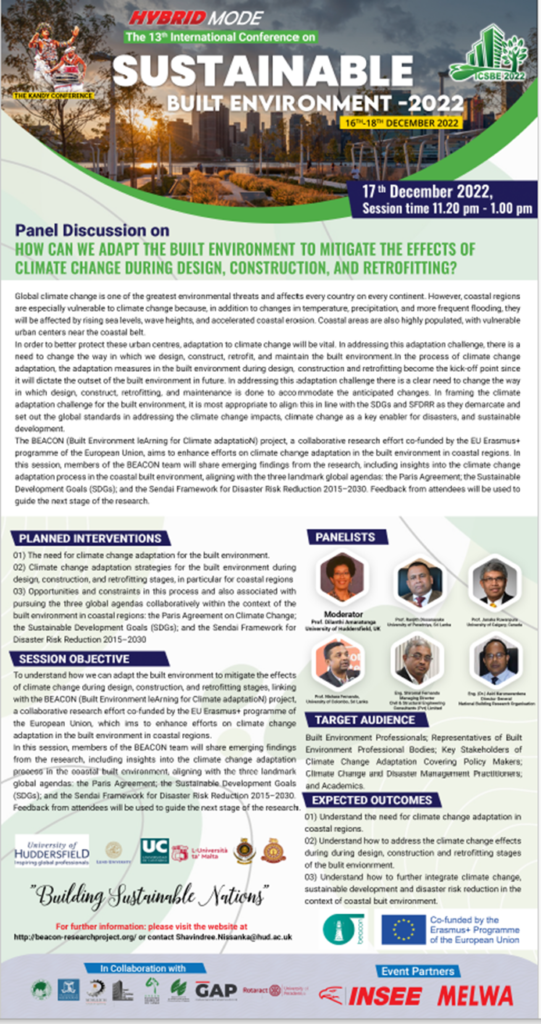
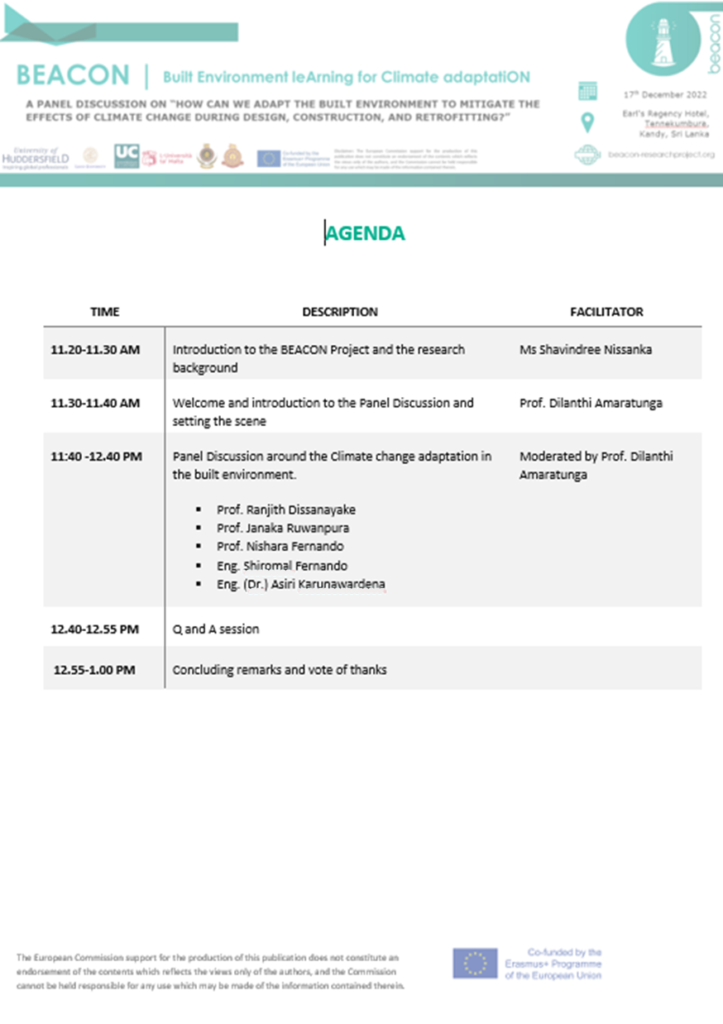
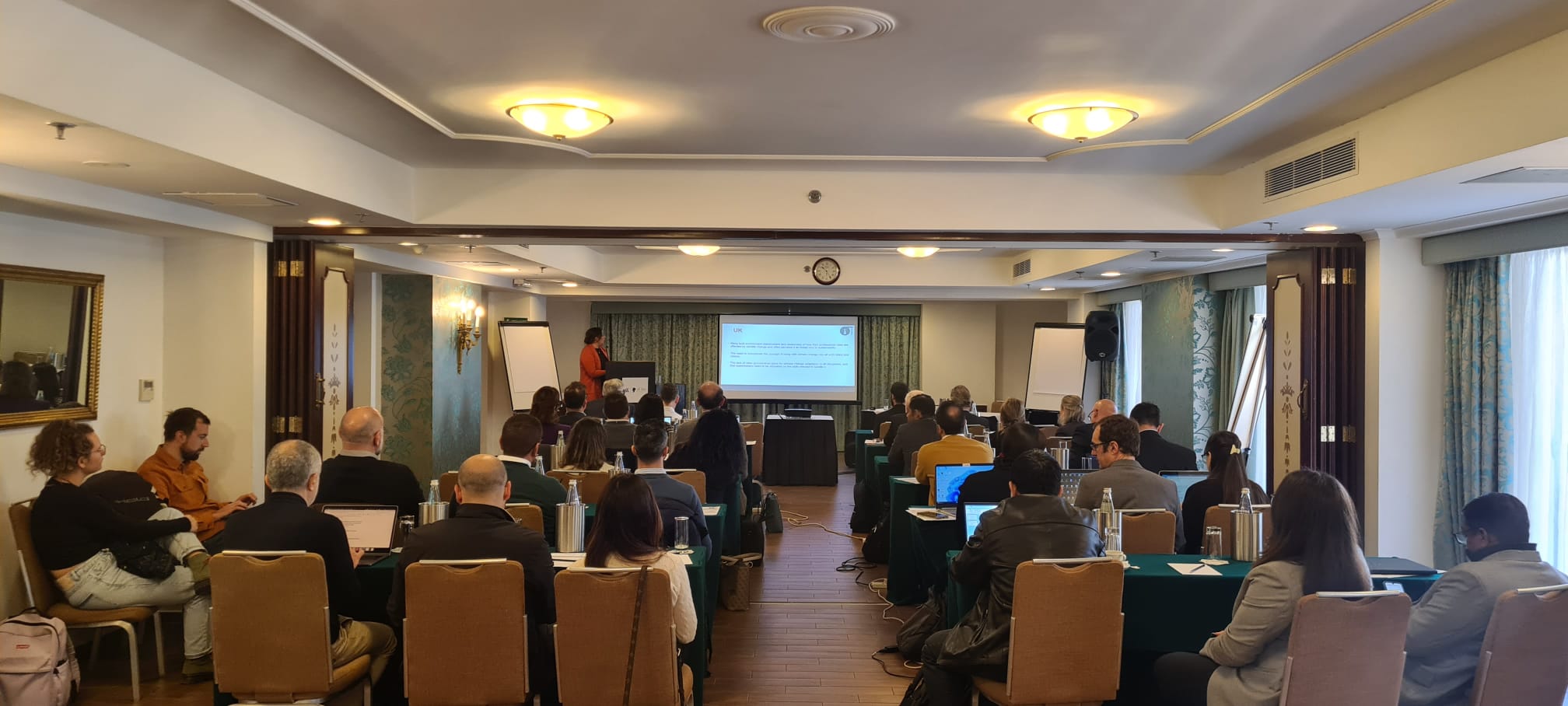
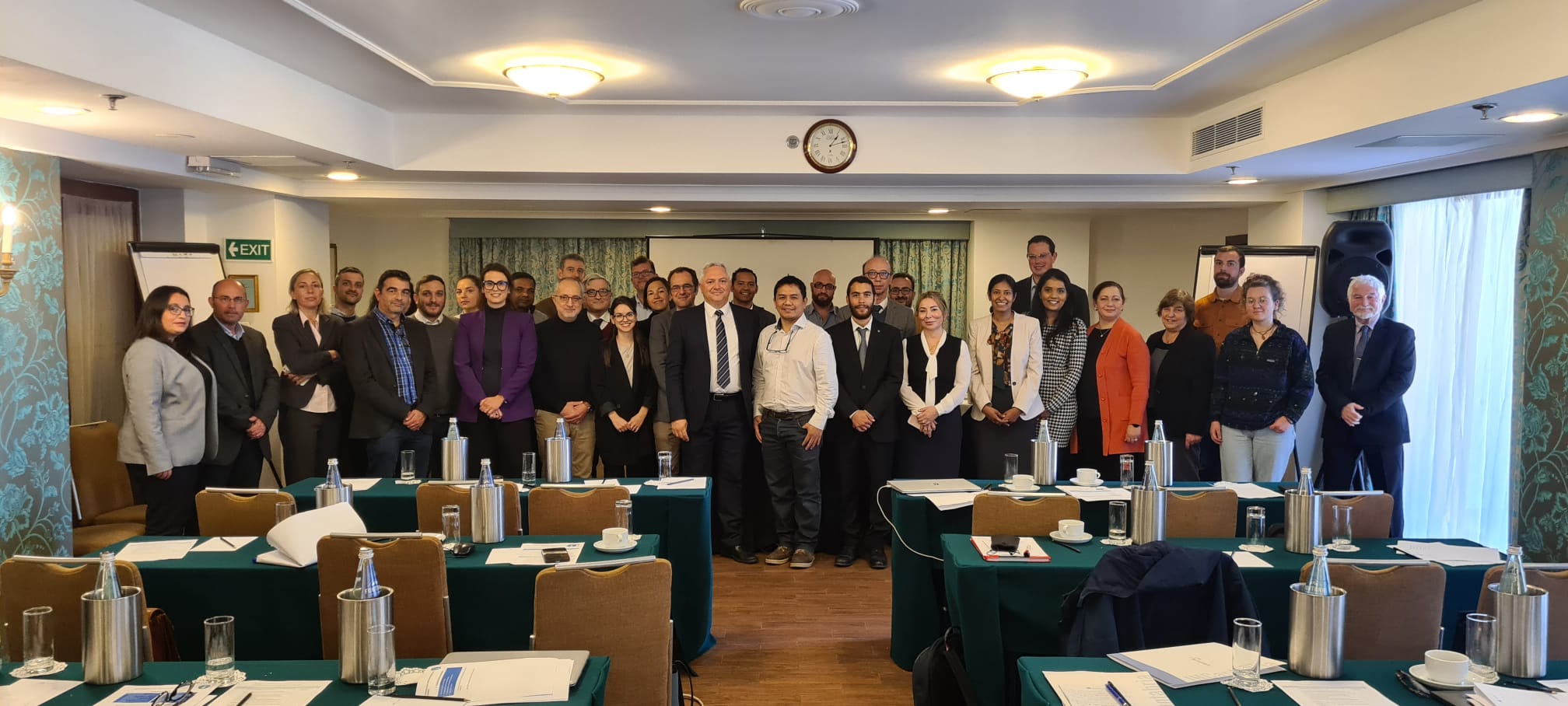
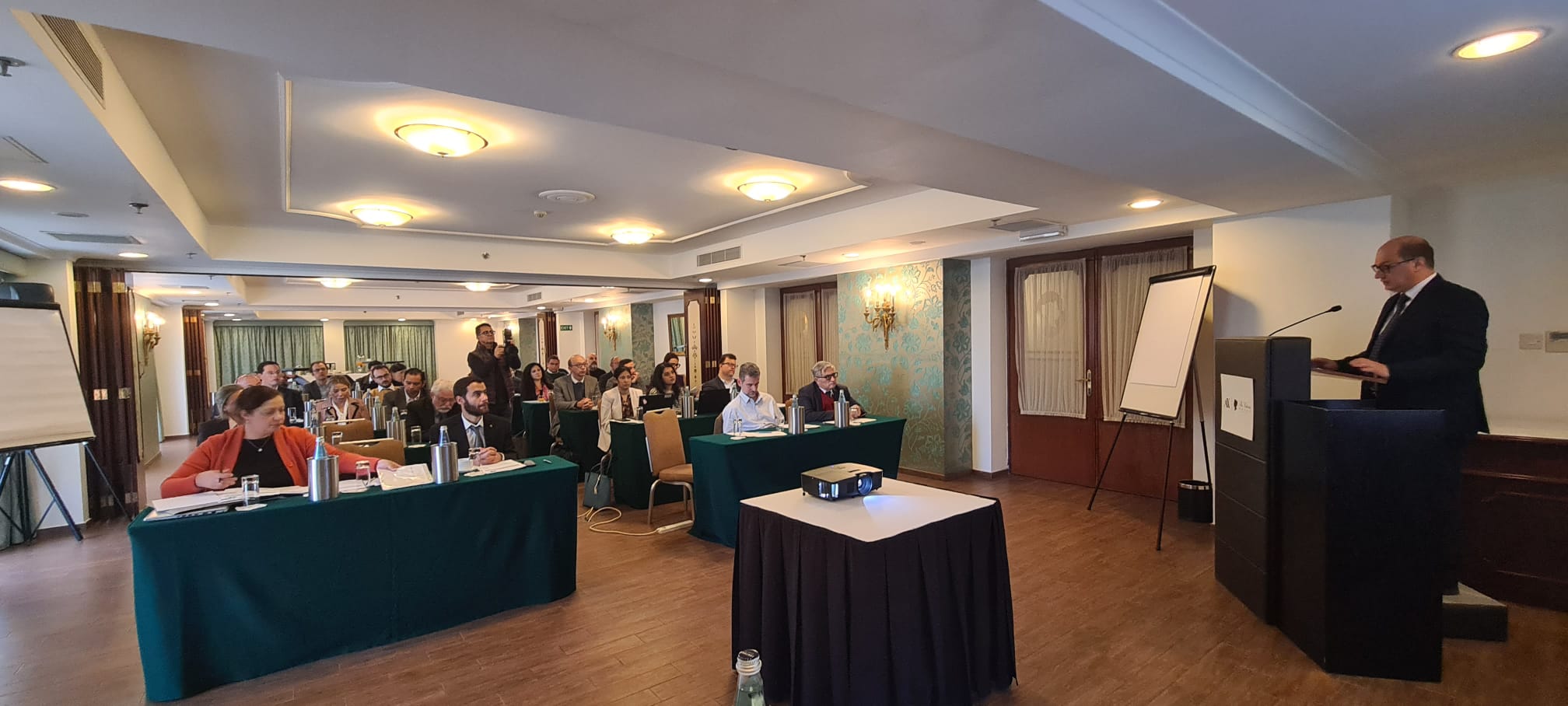
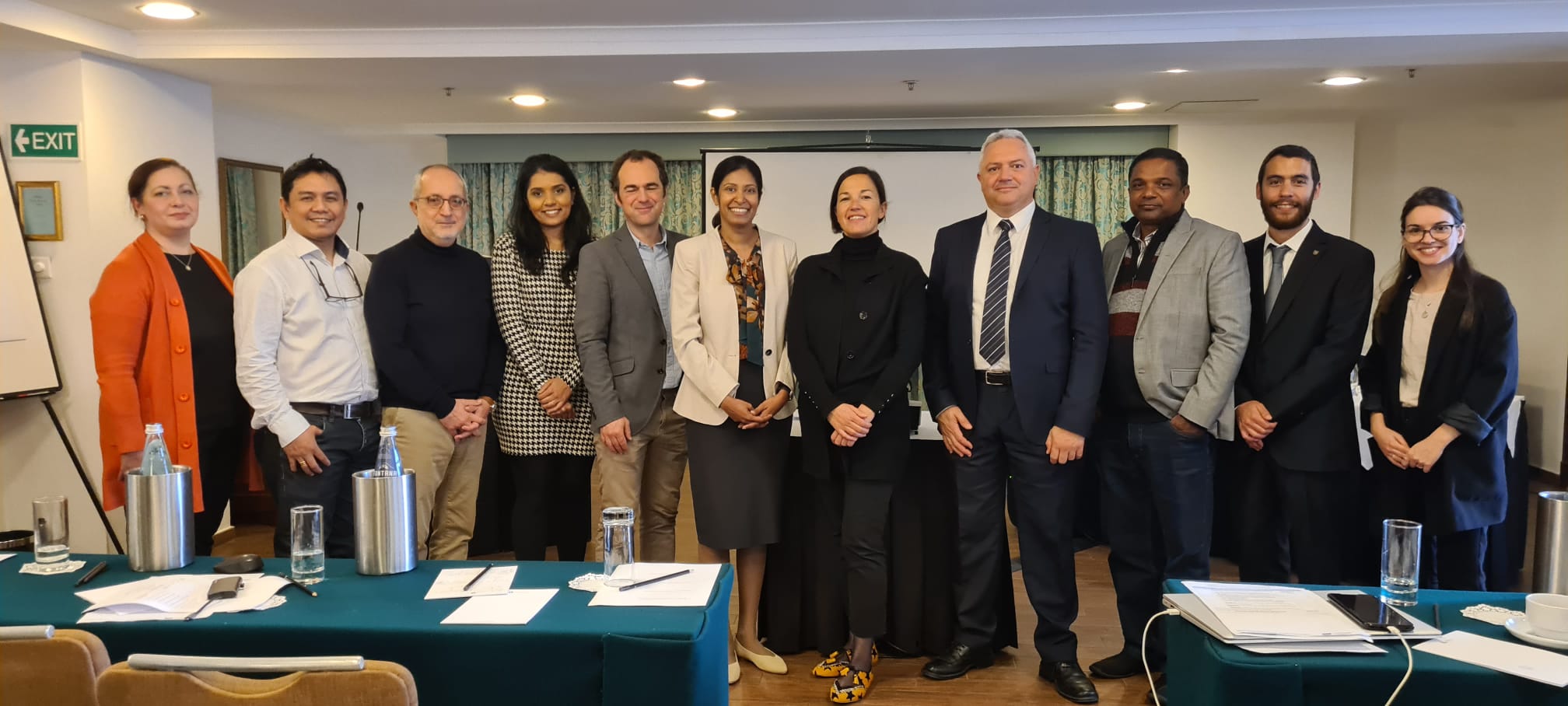
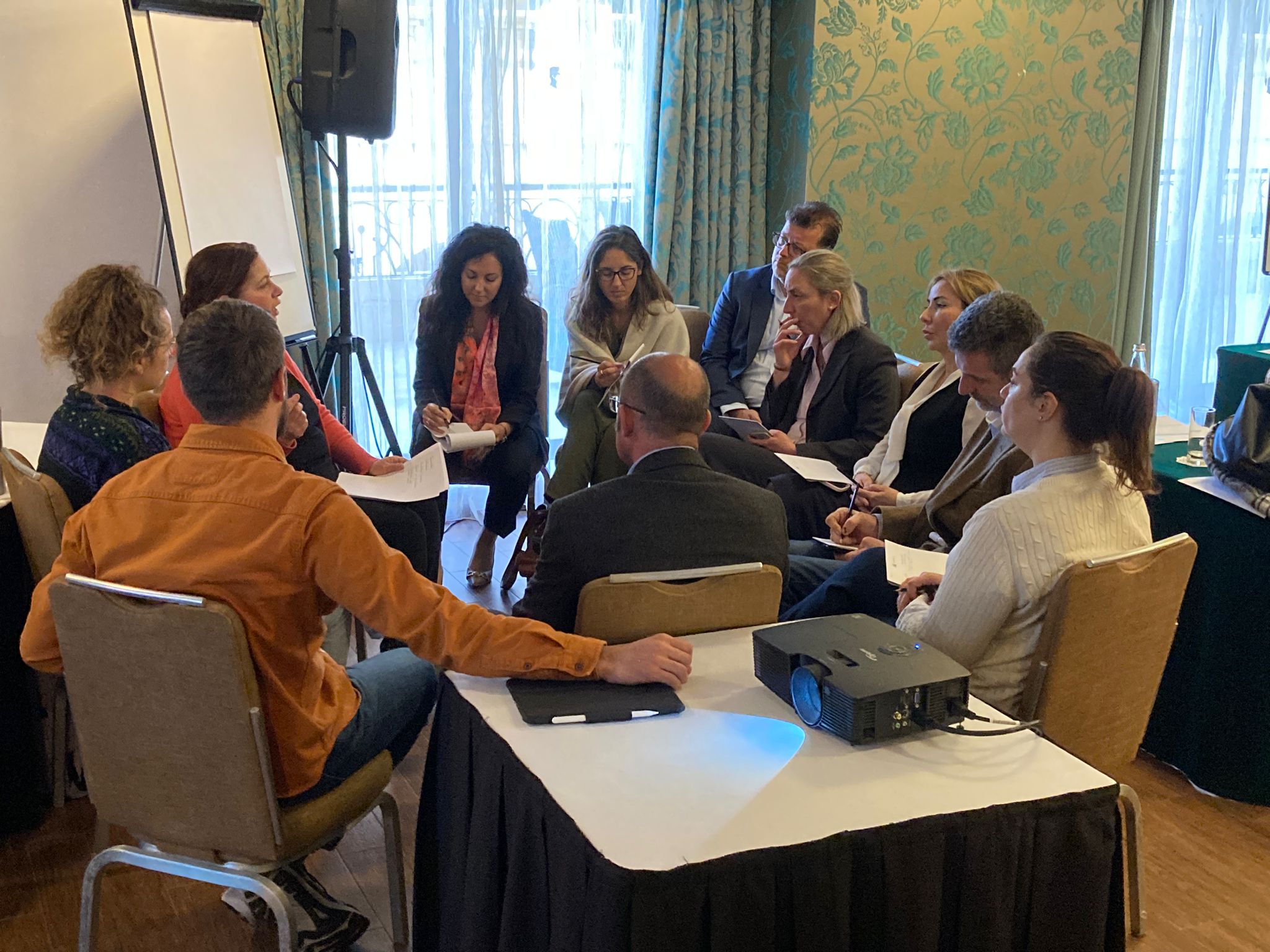
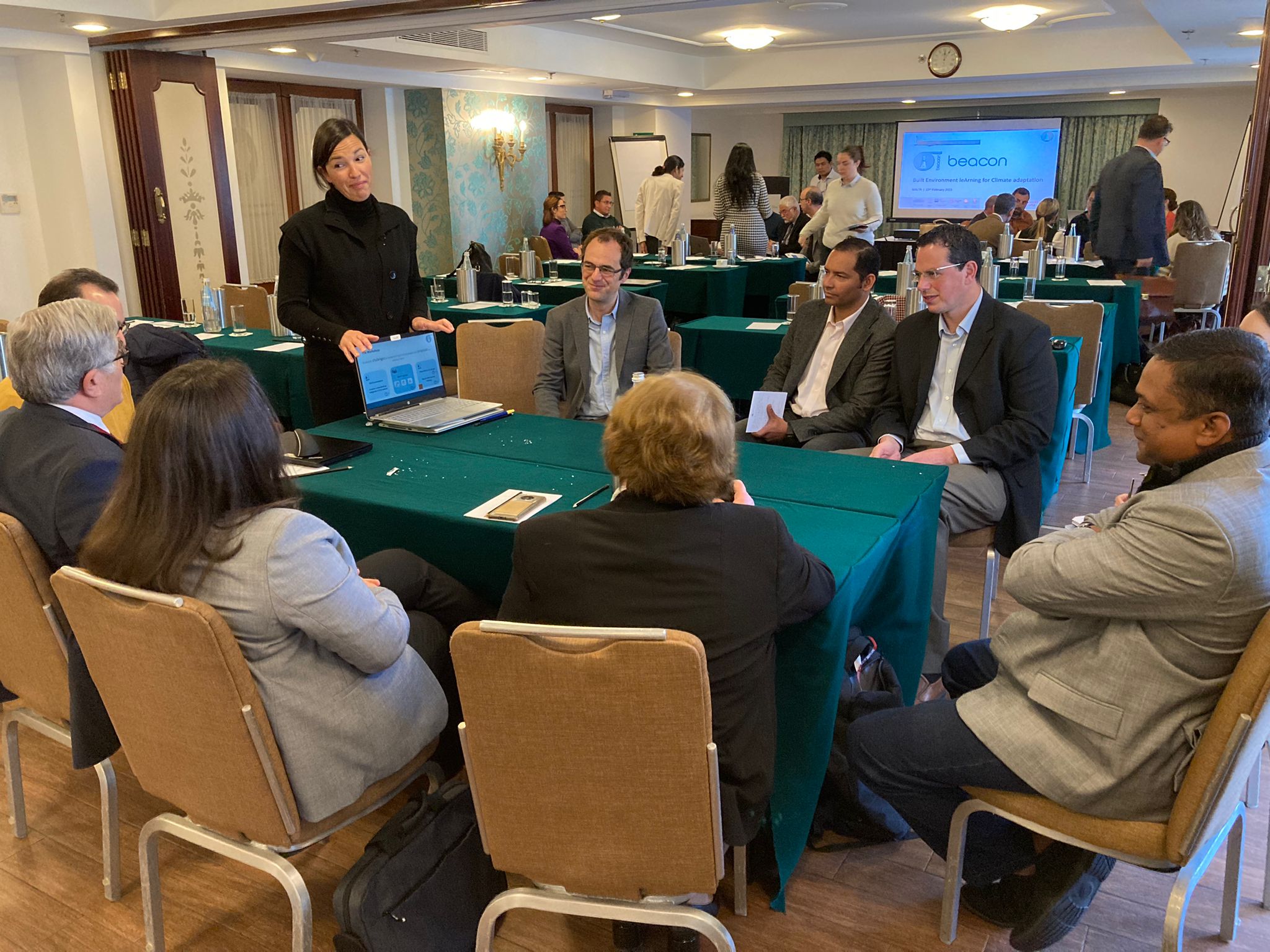
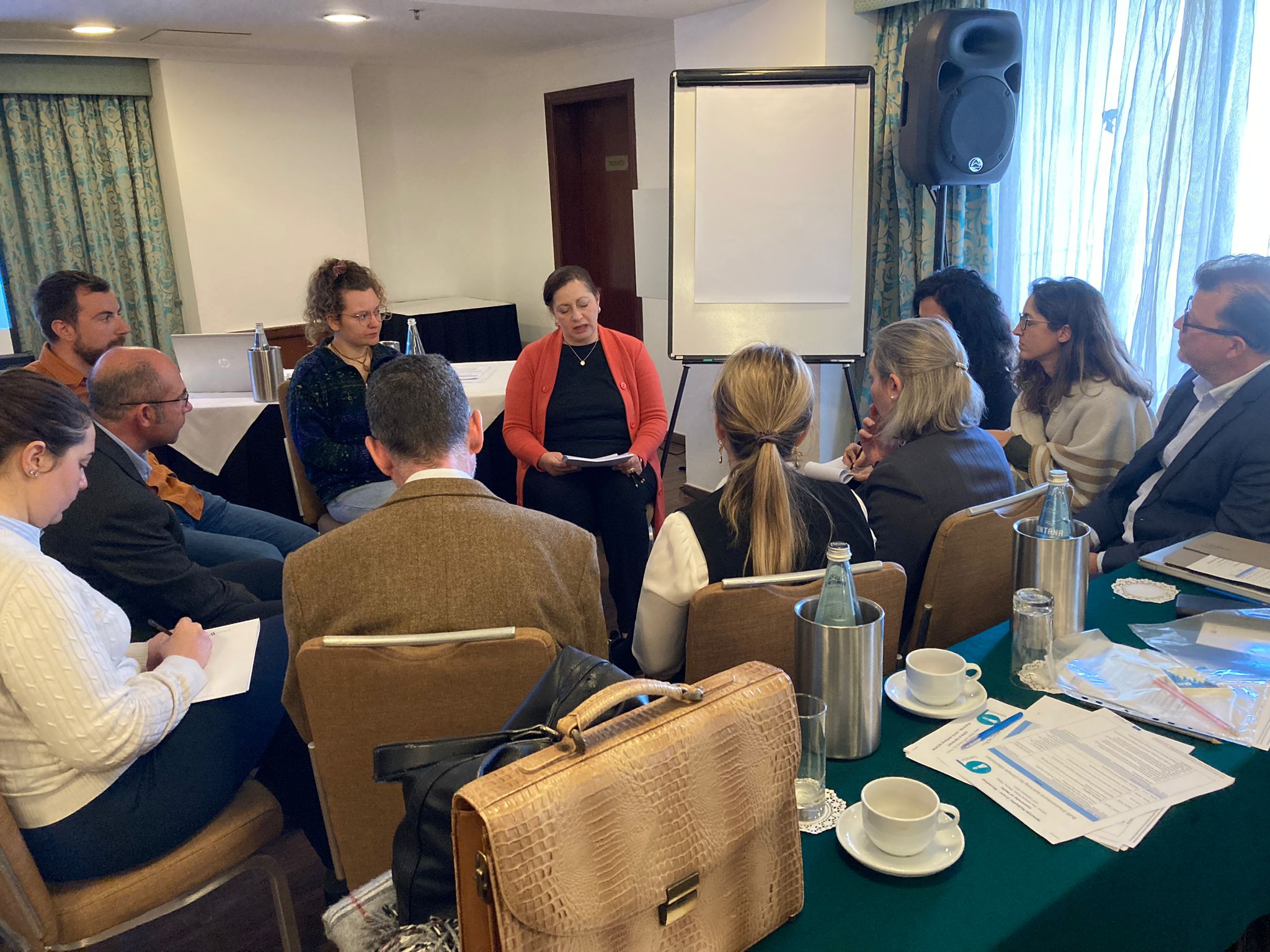
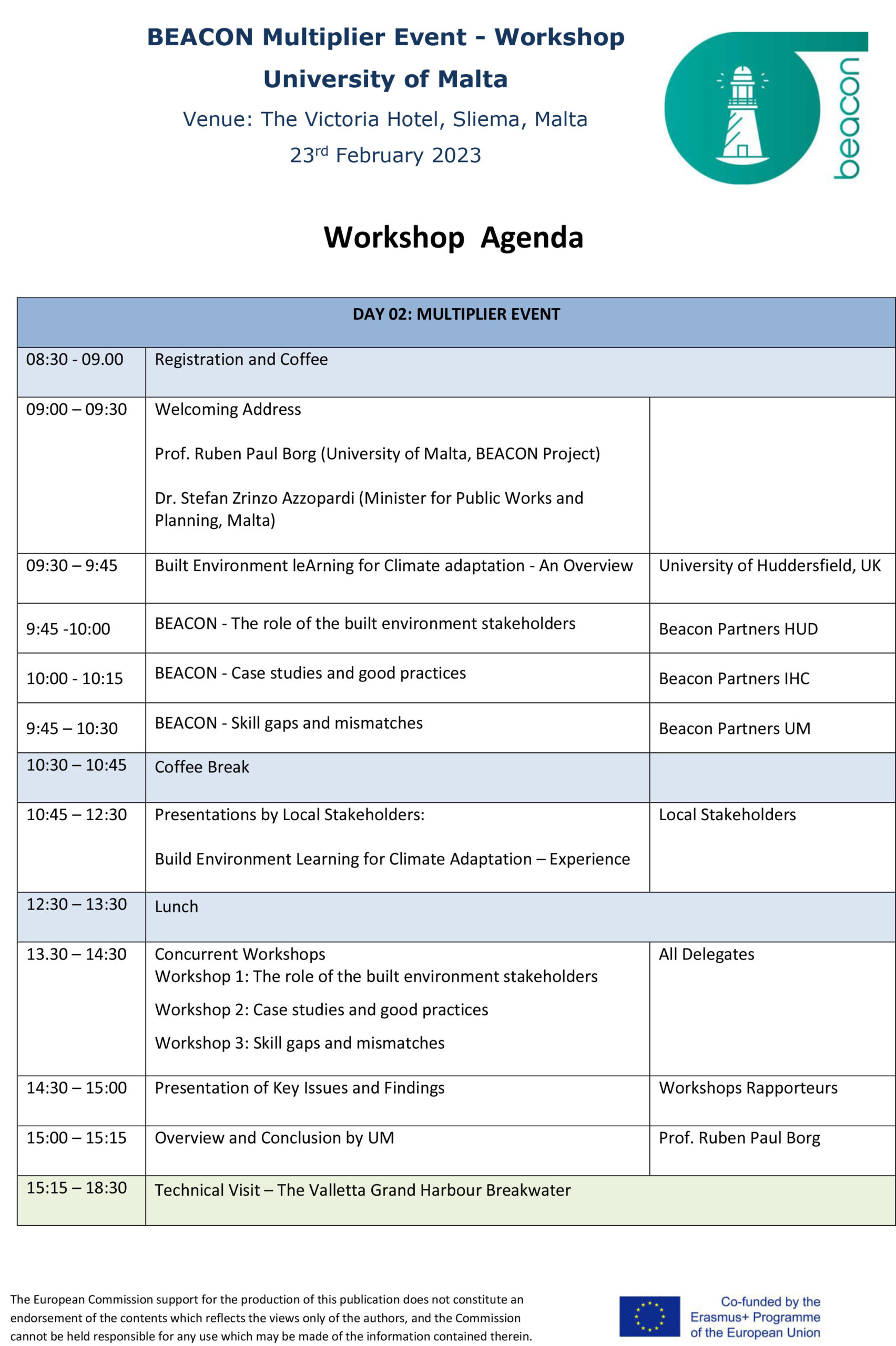
![Image[2]](https://beacon-researchproject.org/wp-content/uploads/2023/10/Image2.jpeg)
![Image[3]](https://beacon-researchproject.org/wp-content/uploads/2023/10/Image3.jpeg)

![Image[1]](https://beacon-researchproject.org/wp-content/uploads/2023/10/Image1.jpeg)
